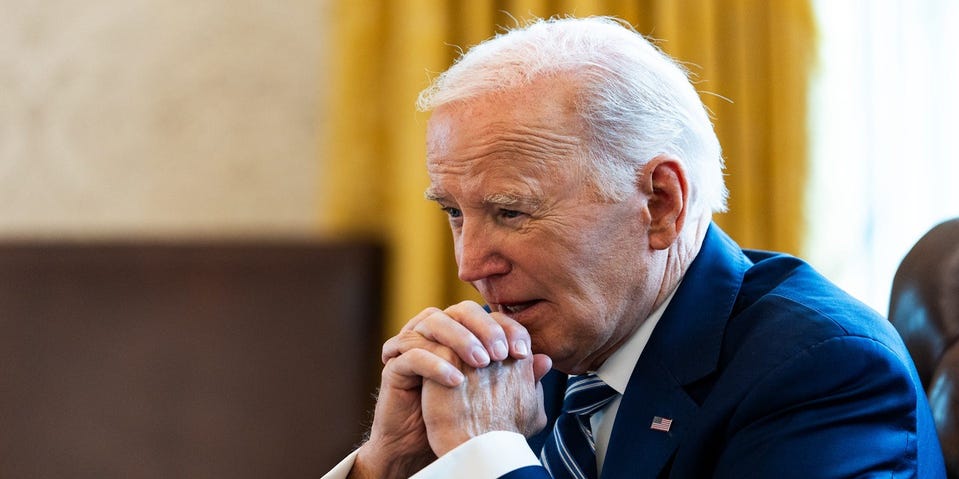Pardons Backfire: How Biden's Clemency Move Undercuts Democratic Trump Criticism

In a notable exercise of presidential clemency, President Biden took decisive action on Monday, granting preemptive pardons that notably included some of his family members. This move follows a similar pattern established by his predecessor, former President Trump, who also strategically used his executive power to issue pardons during his transition out of office.
The presidential pardon power has long been a significant tool for chief executives to provide legal relief or forgiveness, and Biden's recent actions continue this longstanding tradition of executive discretion in matters of criminal justice and personal legal resolution.

